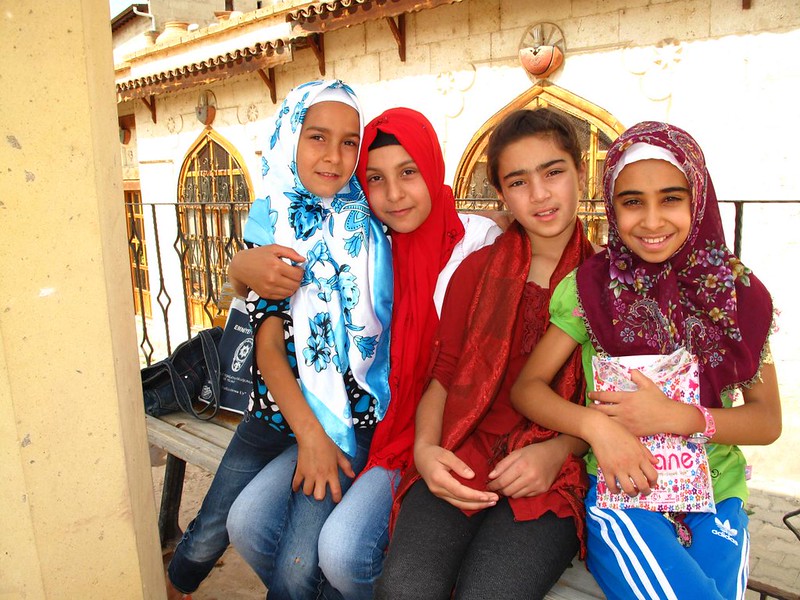Everything to Know About Poverty in Turkey

Conditions seemed to improve for the disadvantaged in Turkey for a decade-long period through the early 2000s. When first elected, President Recep Tayyip Erdoğan purported to lift the country out of the severe economic recession in progress at the time. Unemployment and poverty rates plummeted until 2013 when civil unrest roiled after the Turkish government’s violent response to the Gezi Park protests in Istanbul. Foreign investments in Turkish government bonds fell from 25% in May 2013 to 5% by 2020. Now, Turkey is once again experiencing a poverty crisis. Here are five facts about poverty in Turkey.
5 Facts About Poverty in Turkey
- Turkey has been in a financial crisis since 2018. The Turkish lira is devaluing, worth only $0.12 to the U.S. dollar and $0.10 to the euro. The rate of inflation reached 17.53% in July 2021. This means that along with many Turks losing their jobs, they must grapple with the rapidly growing costs of basic necessities. Food inflation alone has increased by 20% since 2020.
- COVID-19 is exacerbating poverty in Turkey. About 17 million people out of a population of 81 million lived below the poverty line in 2019. Now, the poverty rate has increased to about 12%. Many Turks are struggling to find employment and cannot pay for accommodation or electricity. These conditions have additionally prevented children from continuing education remotely.
- Turks are finding new ways to secure themselves in an unpredictable economic environment. Investments in cryptocurrency, stocks, gold and foreign currency are gaining traction among Turkish people. Many fear losing their savings if they do not take such actions. However, even these methods may be at risk of destabilizing as Turkey’s economic crisis progresses.
- It is increasingly difficult for the Turkish government to accept Syrian refugees. This is largely due to the continuing economic crisis and lessening support for Syrian immigration from citizens. The European Union assisted 1.6 million of the most vulnerable refugees through a program called Emergency Social Safety Net. Each family received monthly cash transfers of 120 Turkish lira for each family member. This has also helped the Turkish government manage struggling refugees. Poverty in Turkey is impacting the country’s ability to serve as a safe location for Syrian refugees.
- The World Bank is taking steps to respond to increasing poverty rates. In the fiscal year 2020, the World Bank established the Safer Schooling and Distance Education Project, providing $160 million worth of aid. Two new programs added in 2021 include the Emergency Firm Support Project, worth $300 million in aid, and Rapid Support for Micro and Small Enterprises During COVID-19, worth $500 million. The programs aim to preserve jobs for the Turkish people. So far, this fiscal year, the World Bank has given Turkey $1.5 billion in assistance. Many other World Bank projects will continue to mitigate poverty in Turkey.
Looking Ahead
The state of poverty in Turkey is in flux. The country continues to struggle with an economic and refugee crisis in the midst of a pandemic. With the support of the European Union and the World Bank, however, Turkish people in need will have the ability to combat poverty.
– Safira Schiowitz
Photo: Flickr
